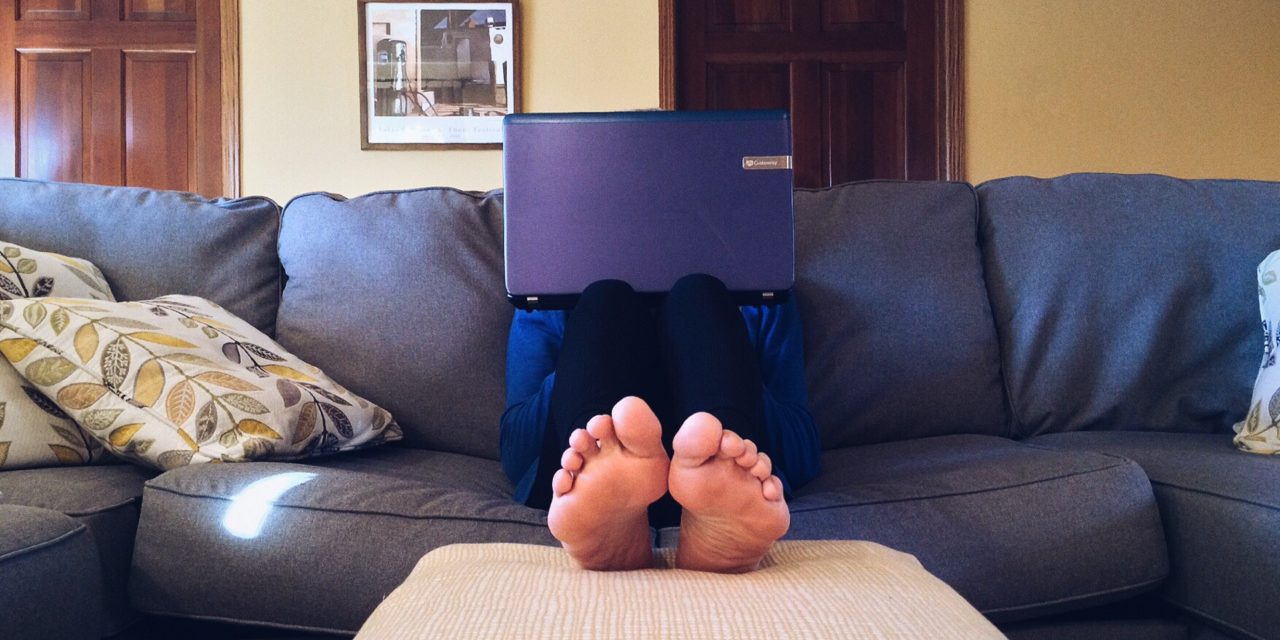Infectious disease outbreaks, like the current coronavirus (COVID-19), can be scary and can affect our mental health. While it is important to stay informed during these strange times, there are many things you can do to look after your mental wellbeing while at home.
Firstly, it will help to try and see it as a different period of time in your life, and not necessarily a bad one, even if you didn’t choose it.
We feel it’s important to encourage everyone to dedicate more time to things like meditation and mindfulness. These approaches can teach you how to focus your attention, which with practice can really help you cope with the stresses of everyday life and remain focused on the here and now.
Knowing where to start is the first obstacle, but there are plenty of resources online to help look after your mental wellbeing while at home. Below are some we recommend.
Every Mind Matters
Here you’ll find tips and advice to help you keep on top of your mental wellbeing and cope with how you may feel while staying at home. There’s information on social connection, how to talk about your worries, advice on not becoming obsessed with the news, and reframing your anxious thoughts.
Calm
Calm are offering some resources free of charge. They’ve hand-picked content to support your mental and emotional wellness through this time. You’ll find soothing meditation, sleep meditations and calm masterclasses. Check back daily as they’ll be updating these resources regularly.
BBC
The BBC have complied some useful and practical ways to not let everything coronavirus-related get to you, even suggesting you limit your news intake and be careful what you read. With possibly weeks and months of the coronavirus pandemic ahead, it is important to have down time so here there are also tips on avoiding burnout.
The Brighton Meditation Centre
The Brighton Meditation Centre is live streaming free mediation classes every Wednesday and Friday at 12.30pm. Take a break for 30 minutes to relax, refresh and de-stress. Cultivate inner peace through a guided practice and enjoy the rest of your day with a positive and inspired mind. Register to join from home.
Mental Health Foundation
Mental Health Foundation is part of the national mental health response, providing support to address the mental health and psychosocial aspects of the coronavirus outbreak, alongside colleagues at Public Health England and the Department of Health and Social Care. Below is their suggested plan of action to keep you on track.
- Plan your day – Try to start your day at roughly the same time you usually would and aim to set aside time each day for movement, relaxation, connection and reflection.
- Move more every day – Explore different ways of adding physical movement and activity to your day and find some that work best for you.
- Try a relaxation technique – Relaxing and focusing on the present can help improve your mental health and lighten negative feelings. Try some different meditation or breathing exercises to see what helps.
- Connect with others – Explore ways of connecting that work for you, whether that’s by post, over the phone, social media, or video chat. This could be anything, from sharing a cup of tea over video, playing an online game together, or simply sending a supportive text message.
- Take time to reflect – Make time every day to reflect on what went well. It’s important to recognise your successes and the things you are grateful for, no matter how small. There are a number of relaxation and other digital exercises on the MHF website.
- Improve your sleep – Feelings of uncertainty and changes to daily life may mean you have more difficulty sleeping. Wind down before bed by avoiding using your phone, tablet, computer or TV for an hour before bedtime.
Read their full guidance on how to look after your mental health during the coronavirus outbreak.
Further support and advice
There are plenty of things you can do and places to get more help and support if you are struggling with your mental health. The NHS pages on stress, anxiety, sleep and low mood have lots more tips and specific advice. If you are a parent, Young Minds has guidance on talking to your child about coronavirus.
The NHS mental health and wellbeing advice pages also have a self-assessment, as well as audio guides and other tools you can use while staying at home.
They also have guidance and information to help others if someone you know is struggling with their mental health.





Hello I just wanted to let you know that we are offering free ZOOM art for well being every Friday. An opportunity to stay connected, be creative and keep well. We also have an aop members group on Facebook to share tips and updates so people do not feel so isolated during this time and also to share their art work and feel part of a wider community from their home.
An article I really needed to read. I’m not usually a homebody so staying at home during this COVID time has been tough. Mentally I can feel myself losing it lol.
I miss traveling and being out with friends!